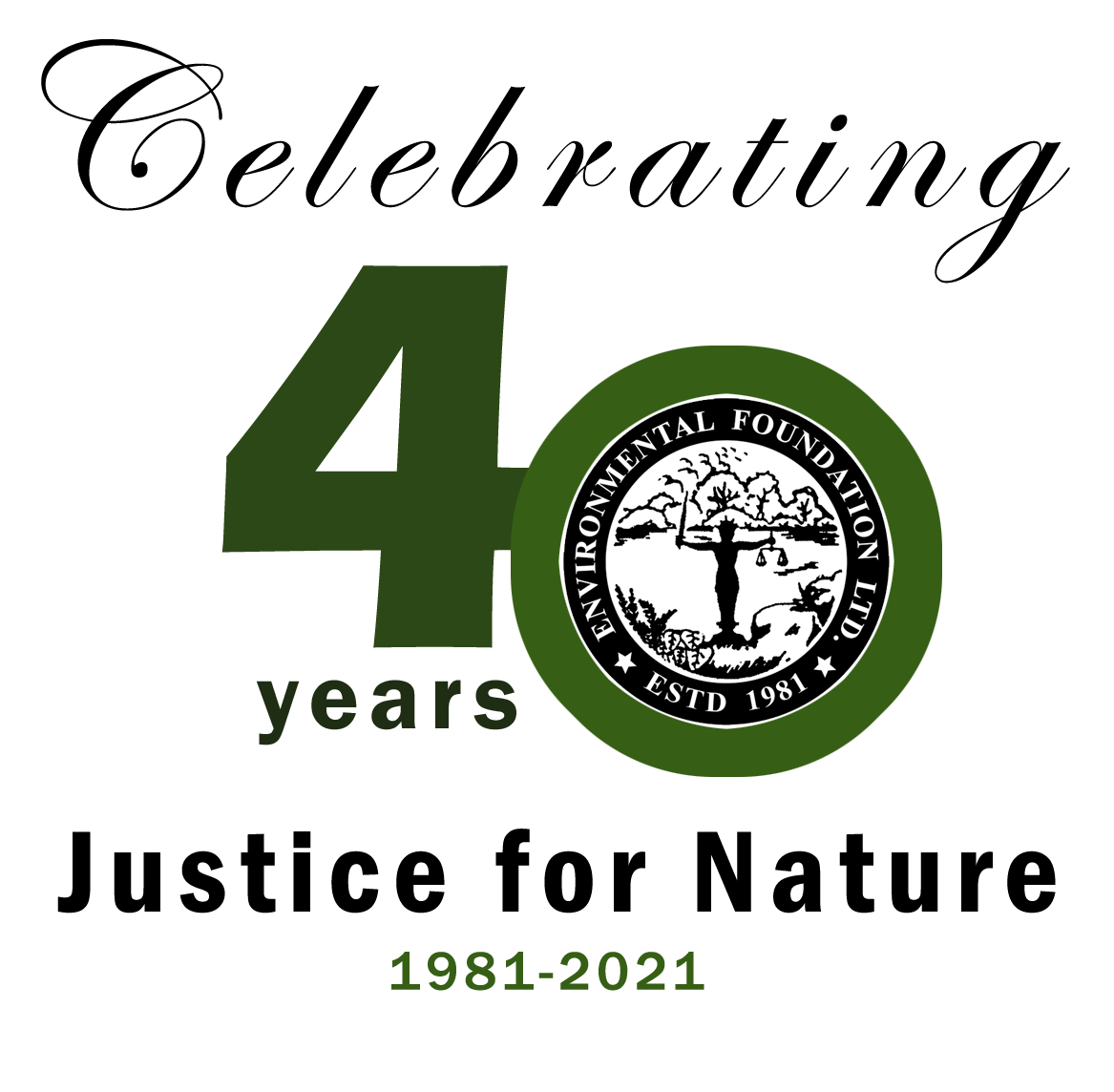කර්තෘ: කුමුදිකා පෙරේරා උධෘතය: තොරතුරු දැනගැනීමේ අයිතිවාසිකම හරහා රාජ්ය පරිපාලනයේ විනිවිදභාවය, සහ වගකිවයුතුභාවය ළඟා කරගත හැකිය. මුල් අයිතිය: Daily Mirror මහජන අදහස් විමසීම සහ මහජන සහභාගීත්වය, පාරිසරික බලපෑම් තක්සේරු කිරීමේ (EIA) වාර්තා ක්රියා පටිපාටියේ වැදගත් අංගයක් උසුලන බව මින් පෙර සාකච්ඡා කරන ලදී. එමෙන්ම මහජනතාවට පරිශීලනය කළ හැකි තොරතුරු ද මහජන සහභාගීත්වය ඔප්නැංවීමට අවස්ථාව සලසයි. ශ්රී ලංකා ප්රජාතාන්ත්රික සමාජවාදී ජනරජයේ දහනවවන ව්යවස්ථා සංශෝධනය, 14A ව්යවස්ථාව මගින් තොරතුරු දැනගැනීමේ අයිතිවාසිකම
By: Kumudika Perera RTI can be a tool for greater transparency and accountability in the EIA process to facilitate public participation effectively. Image Credits- Daily Mirror - Header In EFL’s previous blogs, we have discussed how and why public participation is vital in the process of Environmental Impact Assessment (EIA). Information fed to the public domain is thus important as information increases the effectiveness of public participation and is viewed as a prerequisite for a successful democracy. In
An Ecosystem Based Adaptation Plan against Climate Change and Natural Disasters The weather patterns we are now experiencing is the new ‘norm’; climate change is here to stay. It’s the present, not in the future. Climate projections show that we can expect more severe, unpredictable weather patterns now and in the future. Gone are the days when farmers, businesses, and people could plan their lives and livelihoods based on relatively predictable seasons. Instead, the ‘new norm’ will be erratic and heavy bouts
#WithNature. A simple enough starting point to begin a narrative about where you are, or so the UN thinks. Connecting people to nature is the theme for 2017’s World Environment Day (June 5th) and the aim is to get people to tell stories of their relationships with nature, to celebrate nature and to reconnect with it. It’s the ‘people’s day’ for owning their part as agents of change to protect our shared environment. [1] The aims are admirable





